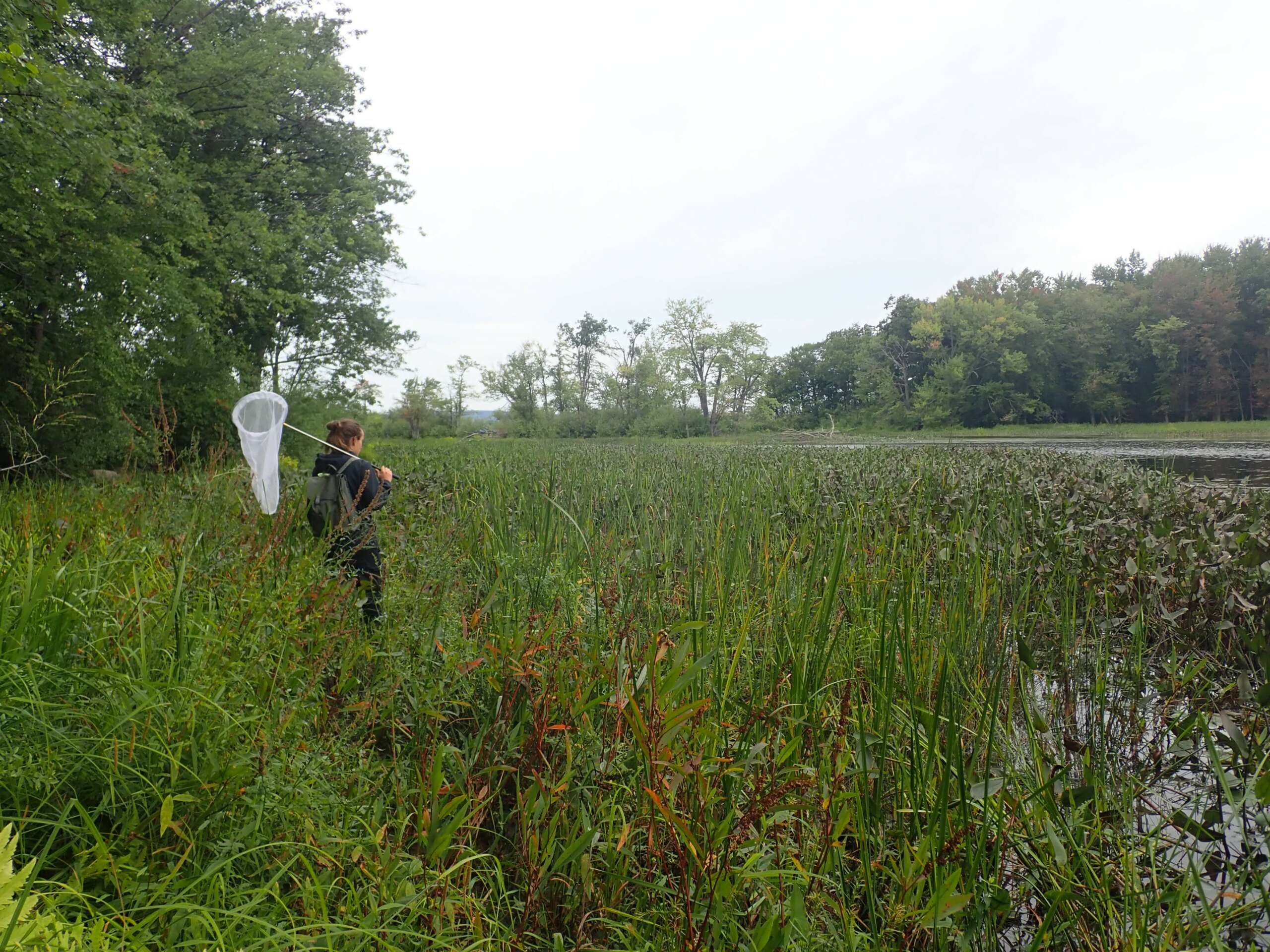We were lucky to catch up with Jordi Vilanova i Broto recently and have shared our conversation below.
Hi Jordi , thanks for joining us today. Was there a moment in your career that meaningfully altered your trajectory? If so, we’d love to hear the backstory.
I spent a couple of months in Senegal, in the village of Dindefelo, studying chimpanzees as part of my bachelor’s degree. I was the only student there, doing an internship in a local organization called Jane Goodall Institute. Every morning, before sunrise we used to get up, meet with the rest of the team in front of the gallery forest, and venture deep trying to find the local populations of chimpanzees. One day, I was sent to go work with the neighbouring village group in Ségou, and we trotted along places I had never been before. It was a very hot day, the chimps were nowhere to be found, and we were absolutely swamped with flies, I was feeling quite miserable. However, at the end of our hike, we reached a view point. We were on top of a narrow valley filled with dense foliage, where probably no human had ever stepped foot, only from afar. It was at that moment that I realized that what I wanted to do is research on the biodiversity crisis, to try to help the conservation of pristine spaces like that, and the life that it was teeming with.
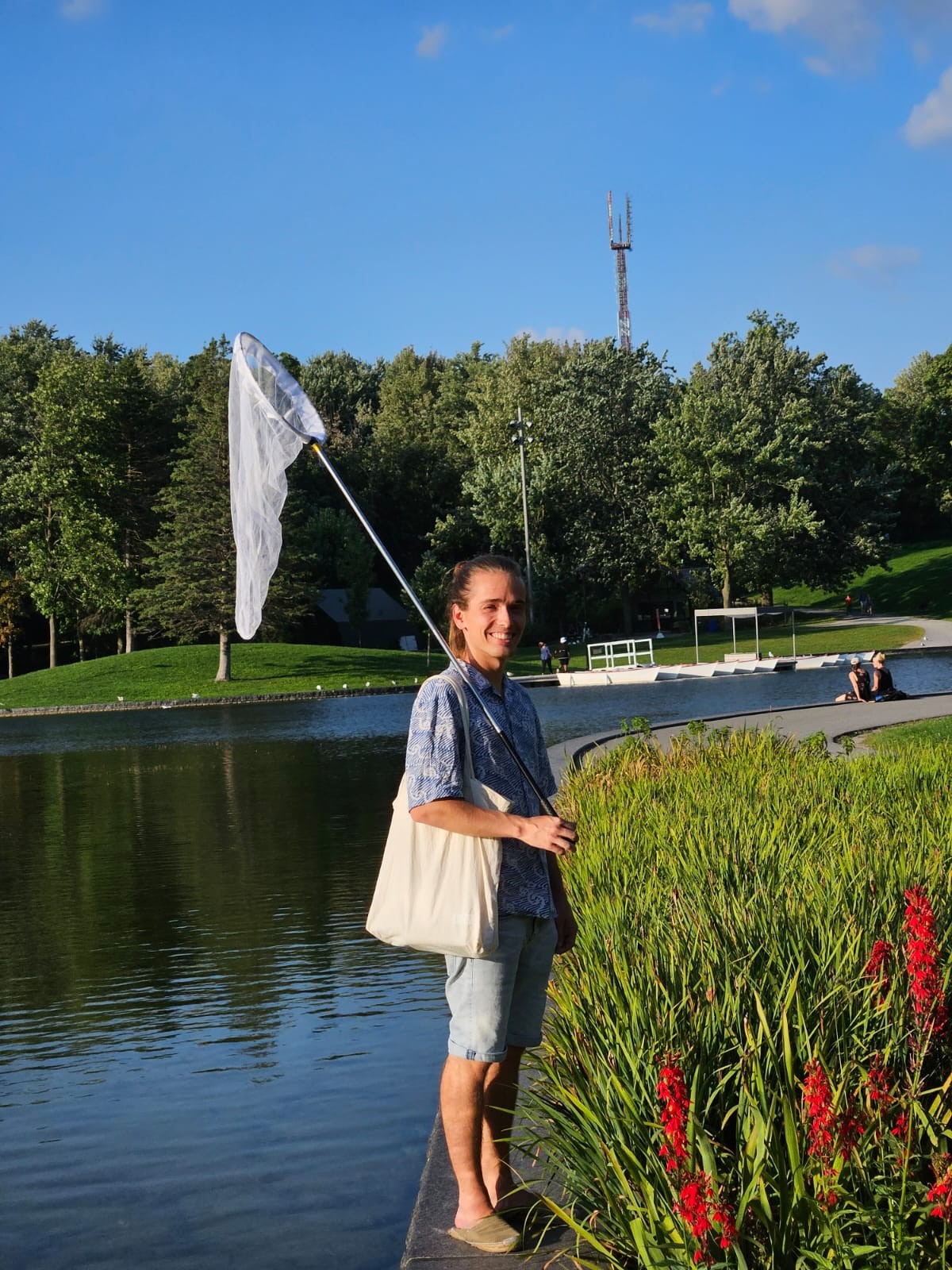
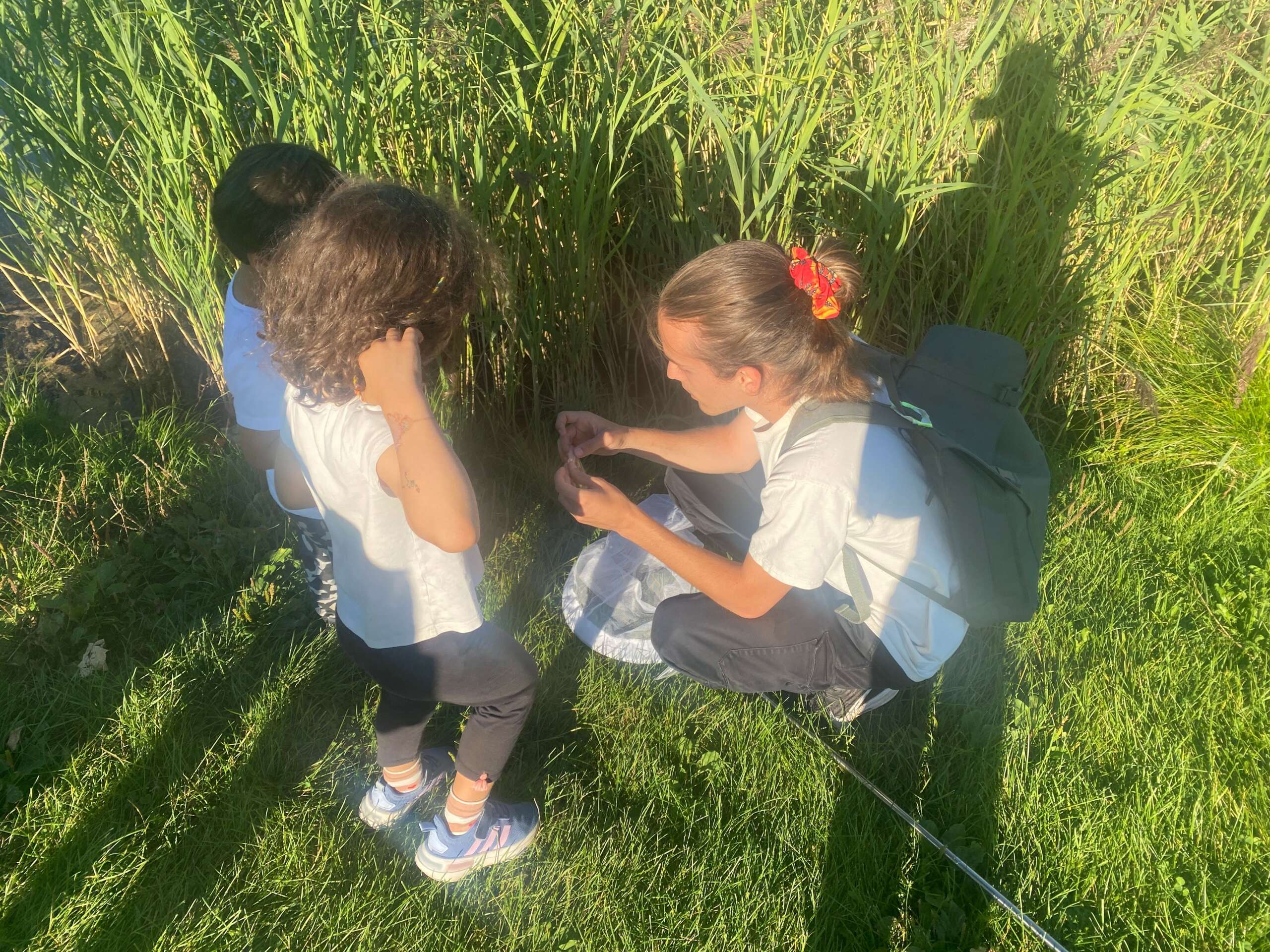
Awesome – so before we get into the rest of our questions, can you briefly introduce yourself to our readers.
I got into ecological research by watching documentaries when I was a child. I used to get home at around 4, and before the cartoons were on there were always documentaries about natures, which I watched everyday and sparked my curiosity in this domain. The services I currently provide is research about biodiversity monitoring, and how we can make it better to understand properly the effects of global changes on insect populations. I don’t think anything sets me apart from others in my domain, we all complement each other and make sure that no research gaps exist to be ready to tackle with the issues that might arise. I am very proud of the amount of collaborations we are able to make happen and how everyone is working towards the same goal of protecting biodiversity.
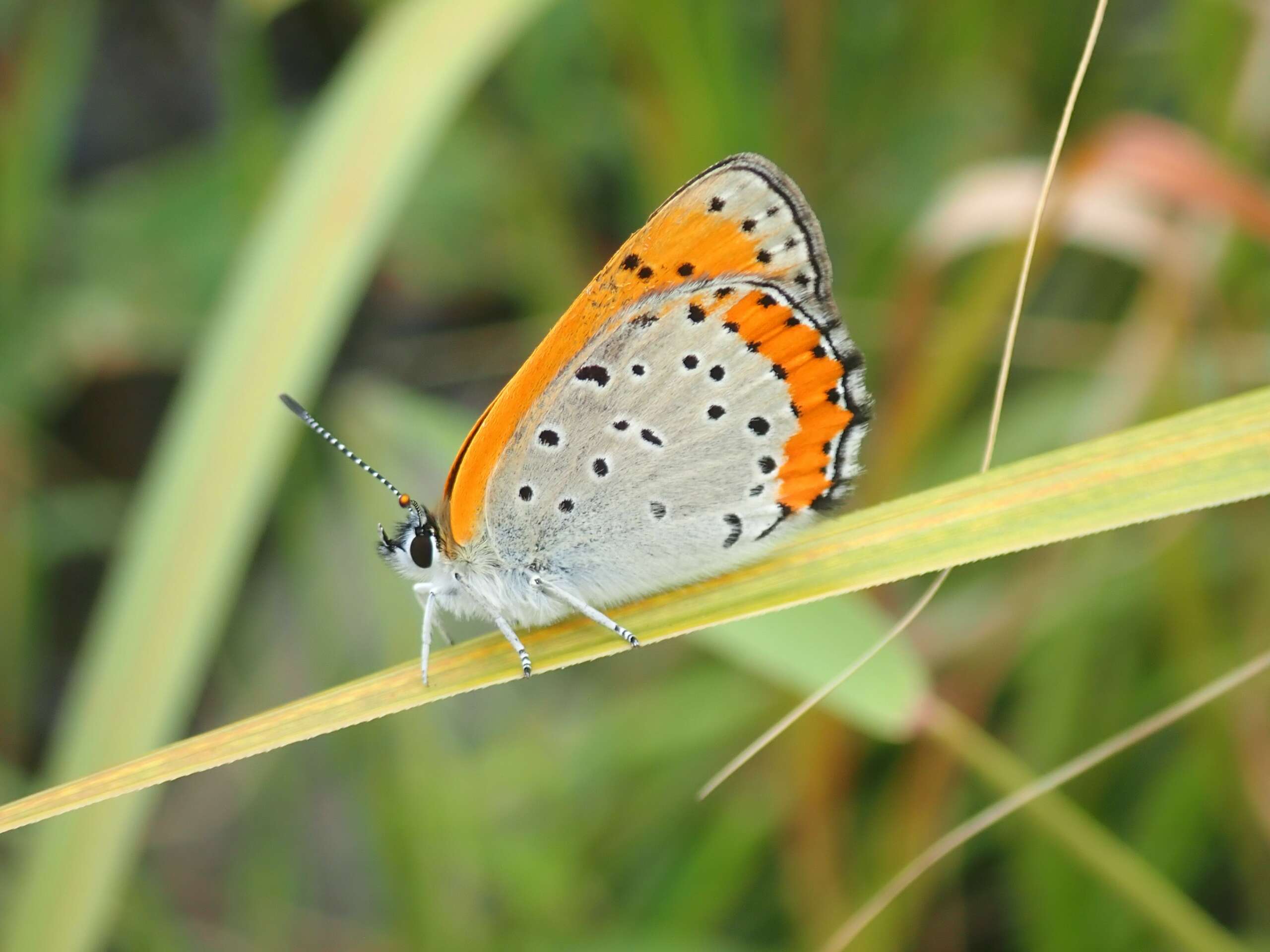
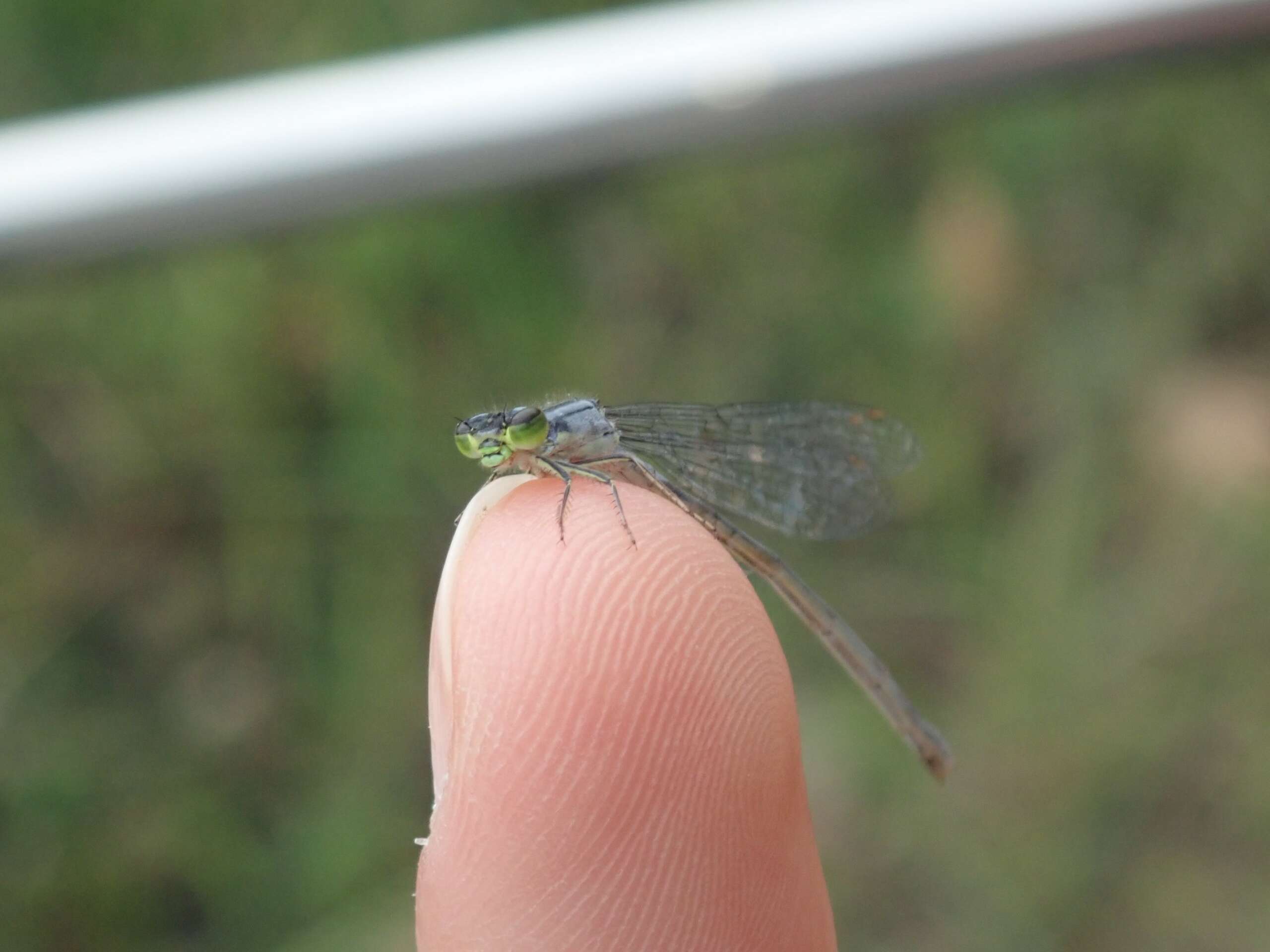
We’d love to hear a story of resilience from your journey.
At the end of my first year of PhD, I had to switch supervisors. It was a moment where I was questioning what to do, if I wanted to continue in academia, or would rather drop everything and move onto something else. I decided to stay, to fight to find a new PhD position, and I ended up doing it, which is a decision I seldom regret.
We often hear about learning lessons – but just as important is unlearning lessons. Have you ever had to unlearn a lesson?
In academia there is this saying that says “publish or perish” and many others that illustrate the toxic character of being in this field. I was always told that only hard to work and mean spirited individuals make it big. However, working now with many researchers and meeting many more of them, I have found that most researchers are actually incredibly nice, and that the mean spirited ones are the loud minority that does not represent the bulk of researchers.
Contact Info:
- Website: www.jordiecology.com
- Linkedin: https://www.linkedin.com/in/jordi-vilanova/
Image Credits
Nicole Yu Cassandre Notton


